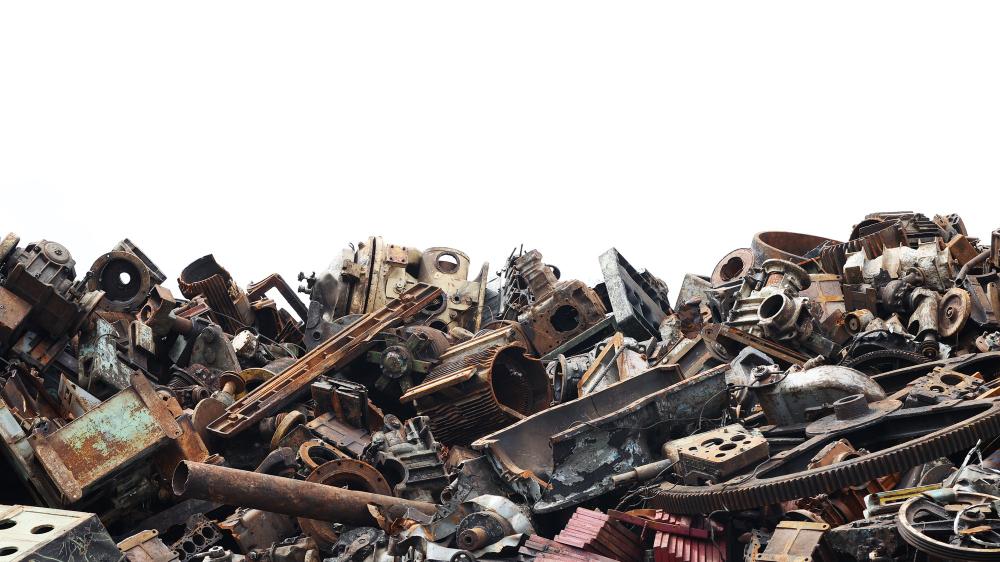

NOV 28, 2024
Adopting and integrating new materials comes with its challenges. Environmental concerns and economic ramifications must all be considered before adopting and using any material for adoption purposes. RCM Recycling explores scrap metal recycling challenges in an easily understandable format.
One of the biggest concerns with new materials is their environmental impact. Manufacturing new materials can sometimes create a lot of waste or require harmful chemicals.
Consider the value of recycling when working with materials; many industries rely on scrap metal recycling to cut waste and reuse valuable resources. But what happens when a new material isn’t recyclable or doesn’t work well with existing recycling systems?
Companies often work with a scrap metal buyer or company to handle their old materials. When these professionals can’t properly recycle new materials, the industry and the planet suffer.
New materials are often expensive to produce, especially during the early stages of development. If the new material is more expensive than the old one, companies have to consider whether it’s worth the investment. Sometimes, they’ll try to offset these costs by working with a scrap metal company to recycle their waste materials or selling them to a scrap metal buyer for extra income. However, the value of recycled materials may not always make up for the higher initial costs of the new materials.
When introducing new materials, industries often adjust their processes and equipment to handle them. Machines designed for older materials may not work well with newer ones, meaning companies must invest in upgrades or completely replace their equipment.
For example, some advanced materials might be difficult to separate or process with current technology in scrap metal recycling in Forsyth, making it harder for a scrap metal company to handle them efficiently. The same goes for manufacturing; if the material doesn’t fit into existing systems, significant changes might take time and money.
Another important consideration is the new material's durability. However, if the material wears out quickly or doesn’t hold up under certain conditions, it could create problems. For example, a scrap metal buyer might struggle to resell or repurpose materials that degrade quickly or lose their quality after recycling.
No matter how innovative a new material is, it has to be accepted by the market. If people are skeptical, it can slow down the adoption process.
Sometimes, people stick with older materials simply because they’re familiar. In industries like scrap metal recycling, companies might hesitate to work with newer materials if they don’t know how to handle them. Similarly, a dependable scrap metal company might avoid investing in equipment for a new material until it becomes more widely used.
Regulations play a massive role in whether or not new materials succeed. Governments and industry groups set strict rules on materials, aiming to ensure they're safe for humans and the environment. If something passes muster, it can be used.
Regulation can delay innovation and force companies to waste time and money on testing and approvals. This is especially true in fields like scrap metal recycling, where rules dictate how to handle and process materials. They also govern the buying and reselling of certain metals as scrap. A scrap metal buyer, for instance, must follow rules when buying and selling metals.
New materials bring both challenges and opportunities. Before adopting new materials or processes, many factors must be considered. These include sustainability and market acceptance. Industries like scrap metal recycling can help manage waste and create a more sustainable future. By facing challenges and valuing innovation, businesses can use new materials while protecting our planet.